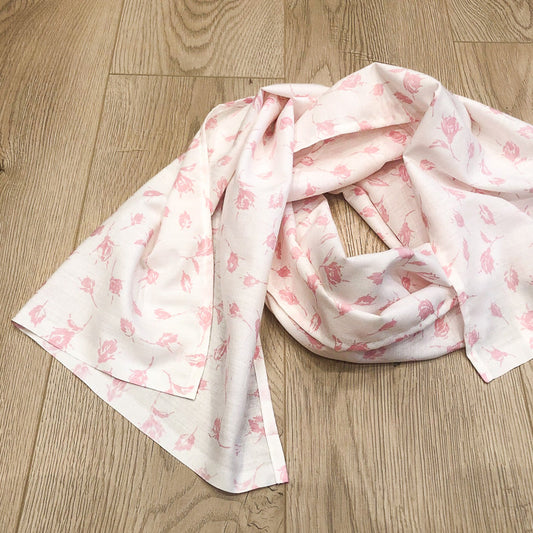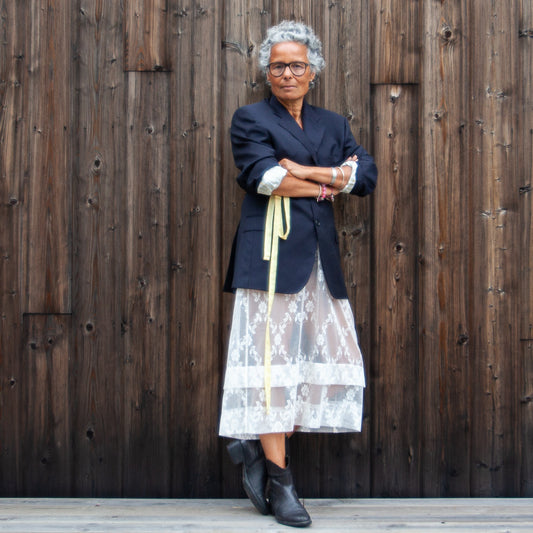THE DARK SIDE OF FAST FASHION
The dark side of Fast Fashion - a reality check
In the fast fashion world, it is tempting to buy many of the latest trends at low prices. However, behind the cheap price tags on the big fashion brands in Fast Fashion and Ultra Fast Fashion lies a darker reality: An industry that affects both people and the planet in a very negative way.

HUMAN RIGHTS: The price of cheap production
One of the most alarming aspects of Fast Fashion is its impact on workers’ rights. In order to produce clothes at such low prices, many companies choose to outsource their manufacturing to countries with weak labor laws and regulations. This often leads to the exploitation of workers, with low wages, poor working conditions and a lack of union rights. Workers also risk being exposed to dangerous working environments and long working hours, often without breaks and very few toilet breaks, which violates basic human rights.

CLIMATE CHANGE: An increased environmental impact
In addition to human rights, Fast Fashion also has a significant negative impact on the environment. The rapid production of clothing generates enormous amounts of waste and overconsumption. Non-biodegradable materials, such as polyester and other synthetic fibers, contribute to plastic pollution in the oceans and on land.
In addition, manufacturing clothing requires large amounts of water and energy, which increases global warming and contributes to climate change.
The fashion industry is estimated to be responsible for 10 percent of global carbon emissions – more than international flights and shipping combined. According to the European Environment Agency, textile purchases in the EU generated approximately 270 kg of CO2 emissions per person in 2020.

ULTRAFAST FASHION: Accelerated negative environmental impact
Ultra-fast fashion companies like Shein and Temu have taken this to an even faster level. Their business model is based on extremely fast production and distribution of new trends at super low prices. This leads to even greater environmental and worker rights impacts as the pressure to produce and deliver new clothes quickly is ever increasing.

Conscious choices for a sustainable future
By opting out of Fast Fashion and Ultra Fast Fashion, we can all contribute to a better world. By supporting Slow Fashion, second hand and sustainable clothing, we value both human rights and the environment. Being aware of our consumption choices is an important step towards creating a fashion industry that is more fair and sustainable for everyone.
The change starts with us.
The Rana Plaza factory collapse in Bangladesh in 2013
Circular fashion garments
These unique garments are made in a climate-smart way from old memories: grandma's embroidered tablecloths and curtains come back to life and are transformed into a unique garment that you will be the only one to wear. Every second, a truckload of textile waste is dumped on our planet. Instead of throwing it away and buying new, we want to make the most of this circular resource.
-
Yuki kimono in tablecloth
Regular price 1 750 SEKRegular priceUnit price per -
Transparent lace curtain dress
Regular price 1 150 SEKRegular priceUnit price per -
Top in vintage fabric
Regular price 750 SEKRegular priceUnit price per -
White skirt in soft cotton
Regular price 1 150 SEKRegular priceUnit price per1 150 SEKSale price 1 150 SEK








